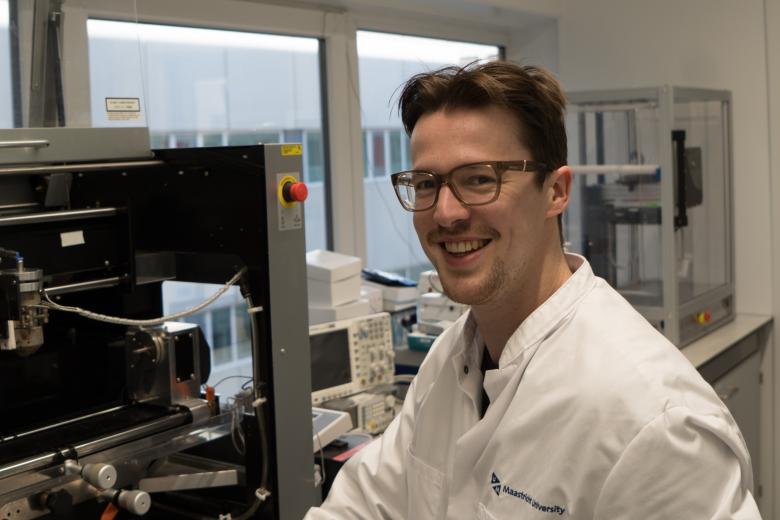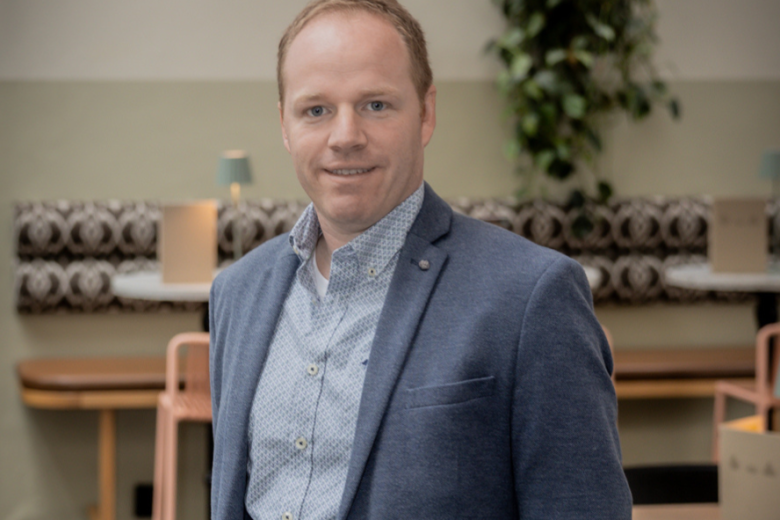Living Lab Assistive Technology Self-Reliance launched
On 26 July the Living Lab Assistive Technology Self-Reliance (AWH-Z) has been officially launched. CAPHRI is one of the core partners. AWH-Z is one of 5 Dutch Living Labs Assistive Technology that are supported by ZonMw for a period of 6 years. The aim of these living labs is to intensify cooperation in the field of research into assistive technology in health care.
AWH-Z focuses on research into assistive products that support self-reliance of people with disabilities at home, such as aids for going to the toilet or to support eating and drinking. The researchers involved will make an inventory of bottlenecks experienced by users and professionals, will investigate the (cost) effectiveness of assistive products and the way they are recommended, financed and provided. Knowledge from these studies will be translated into relevant products (training, information, etc.) for education, practice and policy. You can think of a project to investigate the added value of eating robots from the perspective of the client, care provider and costs. Or the development of a decision aid to support clients and (future) healthcare professionals in the selection of the most suitable aid. Also new knowledge about research methods used to determine the (cost) effectiveness of assistive products will be developed. This knowledge will be integrated into education, for example at Maastricht University.
Client organisations Burgerkracht and FGL, Elke(in), Zuyd University of Applied Sciences (‘Lectoraten’ Assistive Technology in Health Care and Community-based Care), Maastricht University, Gilde Training, and the care organisation Sevagram together form the core team of the AWH-Z. Within Maastricht University, the Living Lab Ageing and Long-Term Care Limburg, the Living Lab Sustainable Care Limburg and Maastricht Health Economics and Technology Assessment Centre are involved. In addition, there is close cooperation with a regional network of care organisations and a national network. Zuyd University of Applied Sciences is responsible for the coordination of the AWH-Z, with Loek van der Heide as community manager.


Also read
-
Letting bone and cartilage repair themselves
Tim ten Brink focuses on developing implants for damaged bone and cartilage, so eventually there is less need for invasive surgery.

-
Is prevention cheaper than cure?
Preventing disease is not always cheaper than treating it — but it can be vital for keeping healthcare affordable and accessible. Professor Mickaël Hiligsmann (VHC), newly appointed Professor of Health Preferences and Economics of Prevention at CAPHRI, studies how preventive measures can deliver...

-
Three Vidi grants for FHML researchers
Aurélie Carlier, Bart Spronck and Nicole Leibold receive a Vidi grant of up to 850,000 euros to further develop their lines of research.
